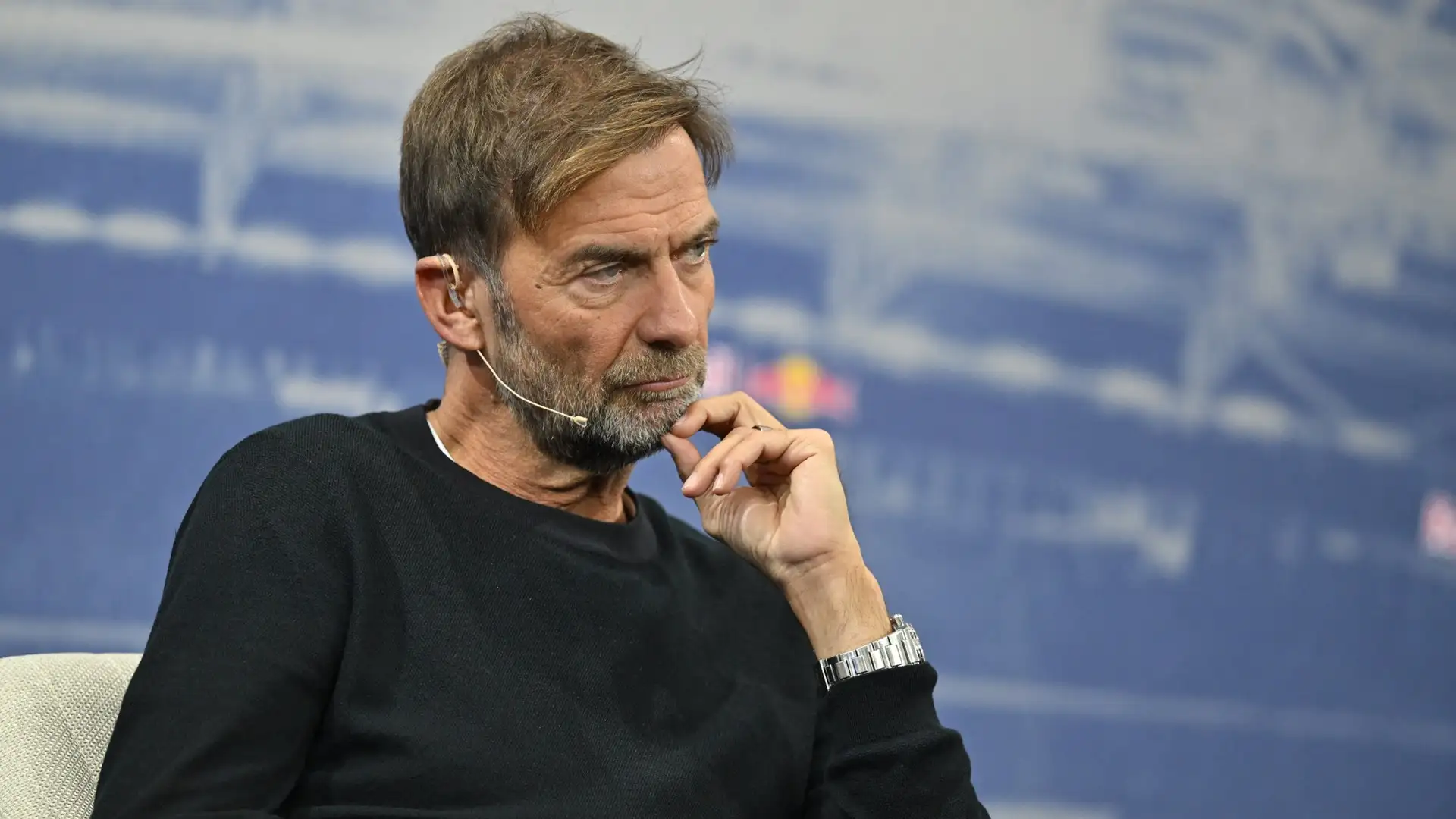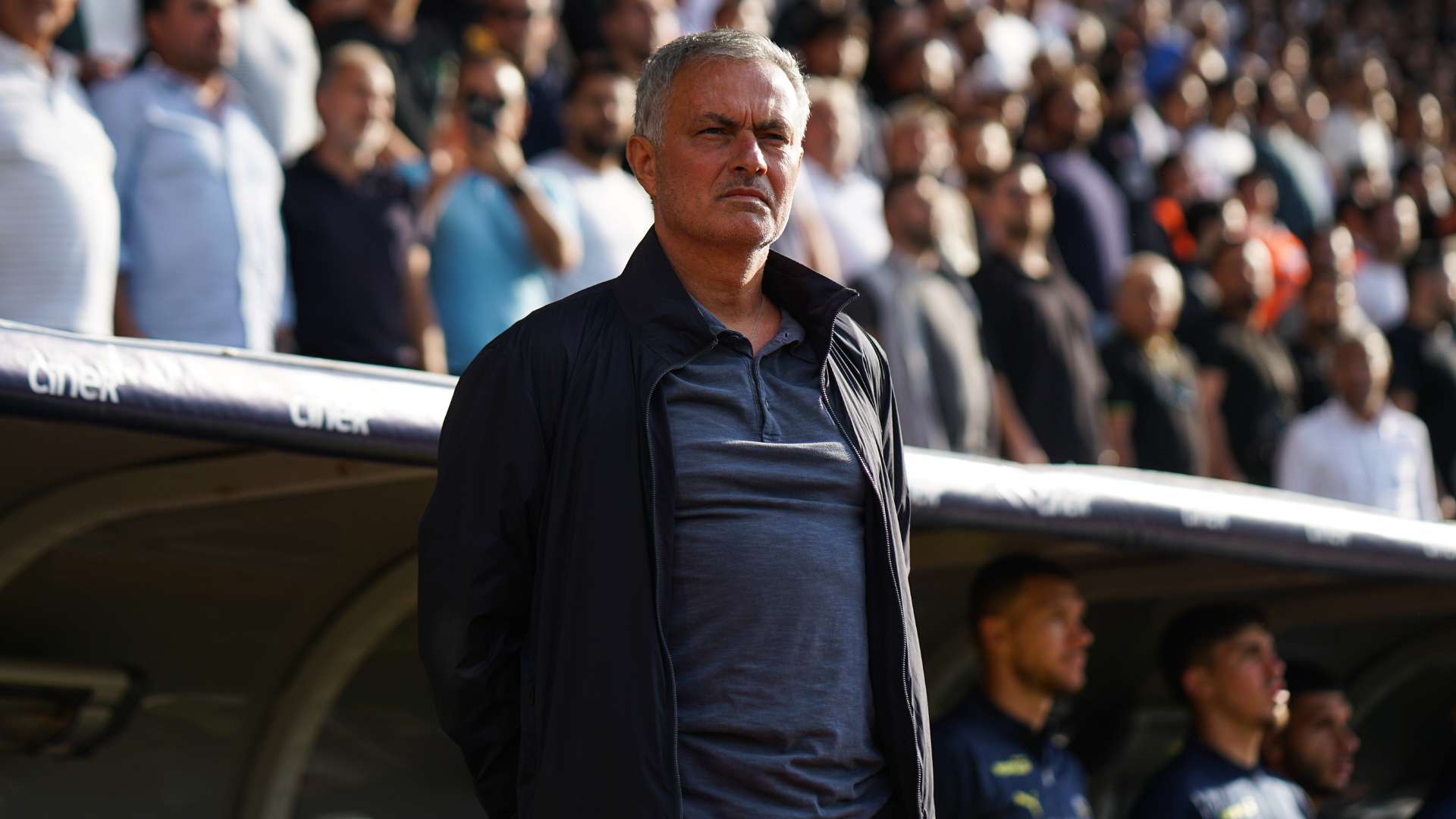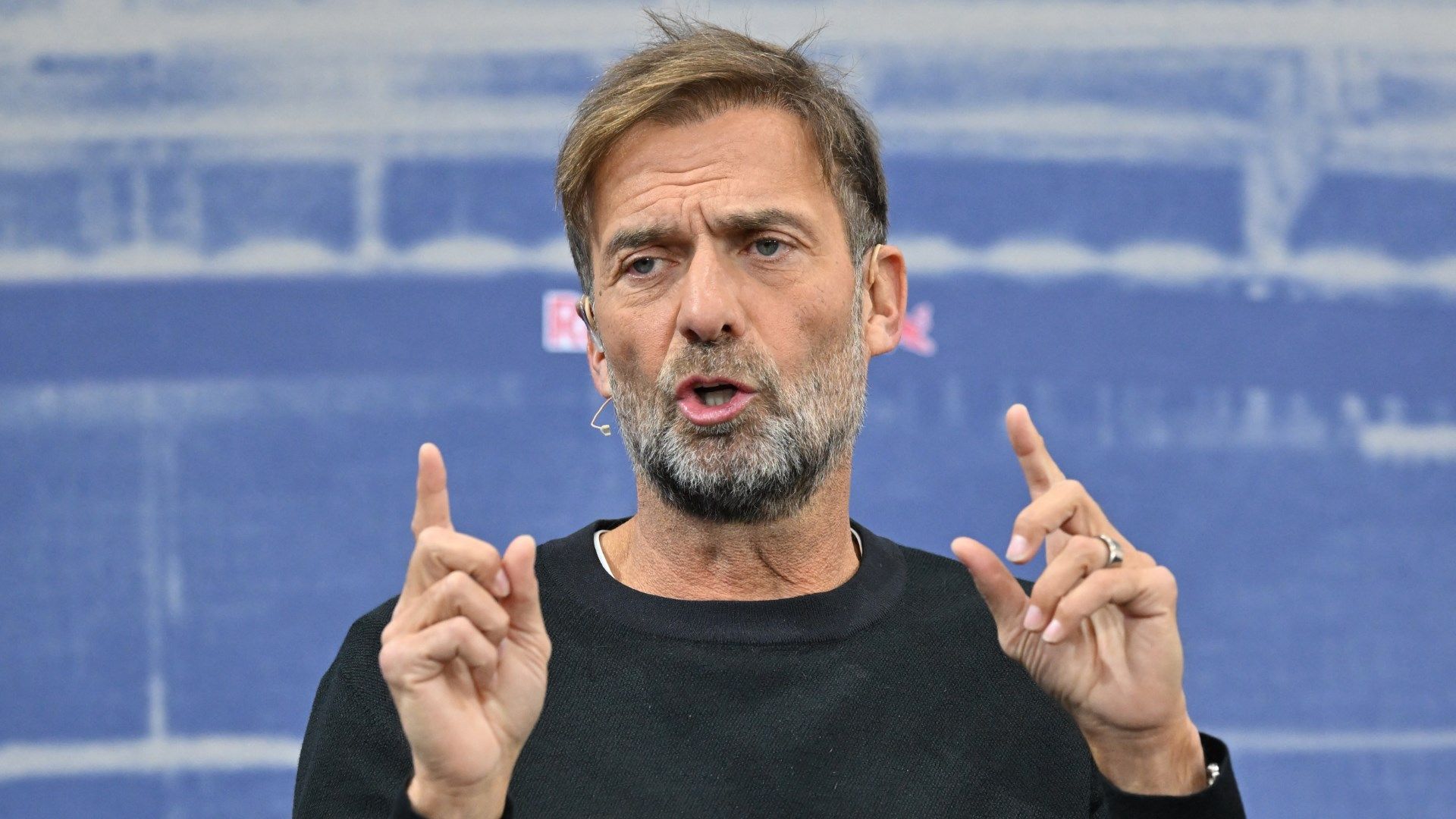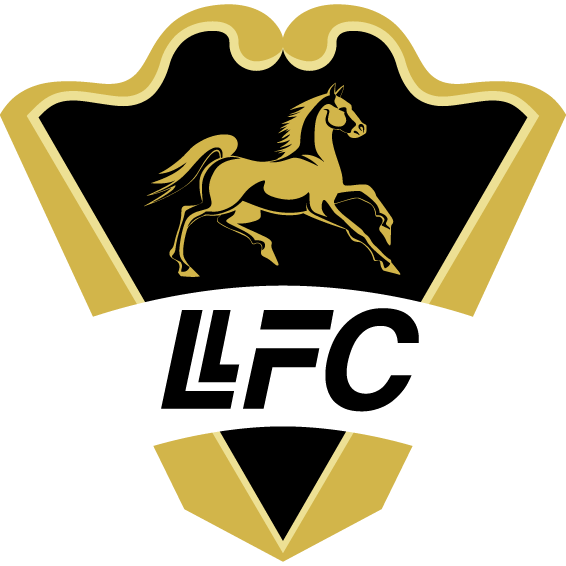
Jurgen Klopp Reveals Why He May Never Return to Football Management
Former Liverpool Boss Admits Coaching Took Him “Too Far From a Normal Life”
When Jurgen Klopp announced his decision to step down as Liverpool manager at the end of the 2024–25 season, fans across the footballing world hoped it was just a “see you later” rather than a permanent goodbye. But in a surprisingly candid and introspective interview, Klopp has cast serious doubt on any return to football management, describing a life in the dugout that left him drained and distant from what he now values most — normalcy.
Now several months into his post-coaching life, Klopp is finally opening up about what led to his decision, what life looks like without the daily grind of football management, and why he may never feel the urge to walk the touchline again.
“I Was in a Tunnel – But Never With Myself”

jose-mourinho
Speaking to German newspaper Welt, the 57-year-old former Liverpool boss painted a heartfelt picture of life as a football manager — not the glitz and glory fans often romanticize, but the relentless pace and personal cost behind the scenes.
“I was in a tunnel, but never with myself,” Klopp explained. “Now I pay more attention to myself. As silly as it sounds, I stopped doing what I always wanted to do. But it took me too far away from normal life – and ultimately, I no longer had a normal life.”
It’s a revealing admission from one of the most charismatic and passionate figures modern football has seen. Klopp, who led Liverpool to their first league title in 30 years, not to mention a Champions League, FA Cup, and Club World Cup, now finds himself enjoying moments he had once forgotten existed.
“In the last four months, I’ve been to two weddings. Before that, none in 23 years,” he said. “Frustratingly, while I had many visitors in Liverpool, I hardly had time for them.”
Red Bull, Commercials, and Rediscovering Life
.jpeg?auto=webp&format=pjpg&width=3840&quality=60)
Jurgen Klopp Red Bull 2025
These days, Klopp is staying active — but on his own terms. He’s taken up a role as Head of Global Soccer at Red Bull, overseeing the company’s various football projects, and he’s popped up in a few light-hearted TV commercials. But there’s no training ground whistle, no tactical whiteboard, and no 3 a.m. flights from midweek fixtures.
And that, according to Klopp, is exactly how he wants it.
“I don’t want that [management] anymore,” he said matter-of-factly. “I have a job now that fulfills me and is also intense. I don’t sleep in the morning and I don’t go to bed later at night, but I can organise my work much better.”
Even more telling is the positive impact it’s had at home. “My wife, for example, is really happy with it because we can plan things much better that we couldn’t before,” Klopp shared, smiling.
Not Addicted to Coaching Like Others
There’s often a belief — especially among footballing greats — that management is a calling that never quite leaves you. For many, it becomes a lifelong habit. Think Roy Hodgson, still itching for the sidelines in his late 70s, or Jose Mourinho, who insists he still has more chapters to write.
Klopp sees himself differently.
“Roy came up to me and asked how I was,” Klopp recalled. “In the same breath he said to me: ‘I miss it.’ And I was like: ‘What?’ Roy is 77 years old – and he wants to be a coach again. Unbelievable!”
He also described a similar interaction with Mourinho: “Jose said to me, ‘This is not the end.’ There are those coaches who always want to do that. I loved being a coach, but I was never addicted.”
It’s a poignant distinction. For Klopp, coaching was something he loved — but not something he needs. His passion, he says, never turned into obsession.
Klopp’s Legacy: A Giant With a Gentle Exit
It’s hard to overstate what Klopp achieved at Liverpool. He didn’t just win trophies; he restored a club’s soul, rejuvenated a fanbase, and built a team that played with grit, flair, and unity. In a city where football is religion, Klopp became something of a spiritual leader.
And now, just as powerfully as he arrived, he has stepped away with grace and clarity.
“If I were to go back to coaching somewhere, it would all start again,” Klopp said. “I’m me! I can’t just take over and coach. Then I’d be completely involved everywhere again. And I just don’t see that happening anymore.”
There’s no bitterness in his words — just honesty. Klopp knows the cost. He knows the sacrifice. And now, he knows the alternative.
What Does a ‘Normal Life’ Look Like for Jurgen Klopp?
So what does “normal” actually look like for the man who once led Liverpool to European glory?
It’s not villas in the south of France or yachts in Monaco. It’s simply balance. Waking up without a press conference on the horizon. Going to weddings. Spending uninterrupted time with friends and family. Having dinner with his wife without glancing at tactical notebooks.
There’s still work, of course — Red Bull’s football empire is no small project — but there’s a lightness to Klopp now that we rarely saw during his tenure in Merseyside.
He no longer needs to micromanage a squad or handle post-match media storms. He’s not drawing up plans for a January transfer window. He’s not wondering whether a hamstring injury will derail a title charge. He’s just… living.
What’s Next for Klopp?
Let’s be clear: the footballing world will always keep Klopp’s name in the mix when top jobs become available. Bayern Munich have already made quiet approaches. National teams will surely follow. But for now, Klopp isn’t tempted — and he wants that to be respected.
Fans may still dream about a return one day — maybe a World Cup campaign or a Bundesliga farewell — but Klopp himself seems at peace with the possibility that his coaching career is over for good.
And you know what? That’s okay.
Final Whistle: From the Dugout to the Daylight
Jurgen Klopp once said football was the most important of the least important things in life. Perhaps now, more than ever, he’s living that philosophy.
The man who roared from the sidelines, pumped fists in front of the Kop, and built one of the greatest teams of the modern era is now embracing something else entirely: quiet moments, meaningful connections, and yes, the weddings he missed for more than two decades.
In doing so, he’s teaching us that even legends can step away — not in defeat, but with dignity.
And that might just be his greatest legacy yet.






































There are no comments yet. Be the first to comment!